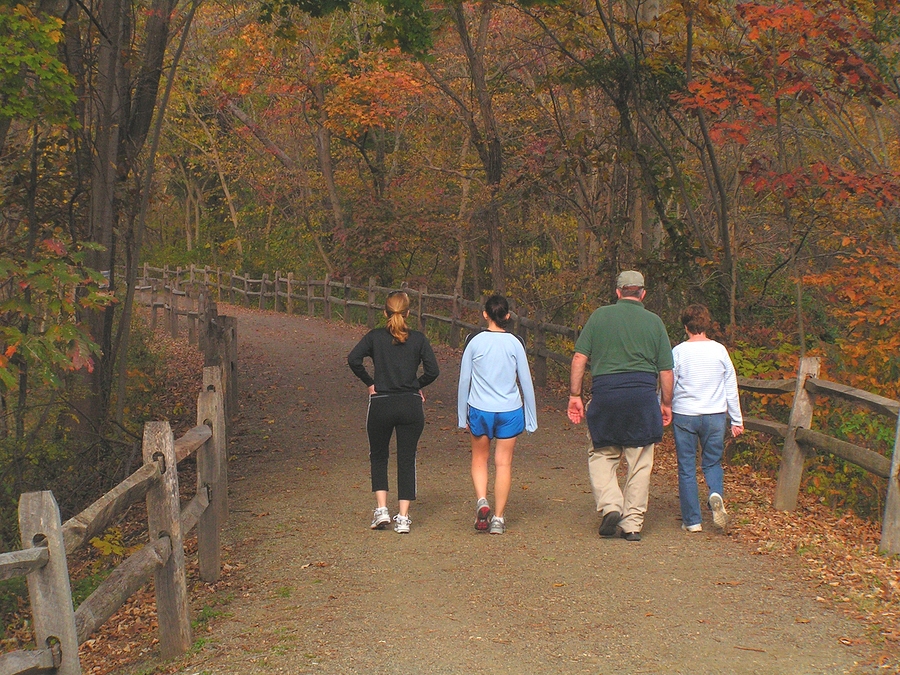 If you snore or struggle with obstructive sleep apnea, there’s good news from the International Journal of Research in Psychiatry: a simple activity can stop snoring and sleep apnea, improve sleep quality, and wipe out daytime sleepiness.
If you snore or struggle with obstructive sleep apnea, there’s good news from the International Journal of Research in Psychiatry: a simple activity can stop snoring and sleep apnea, improve sleep quality, and wipe out daytime sleepiness.
Sleep apnea happens when your upper airway collapses repeatedly during sleep, causing breathing pauses.
Snoring is often the first warning sign. Left unchecked, it can lead to constant fatigue, poor concentration, and higher risks for heart disease, diabetes, and more.
The standard treatment, CPAP, works well—but many abandon it due to discomfort or noise. That’s why researchers are exploring alternatives, and exercise is proving to be a powerful option.
In a review of 30 high-quality studies, participants of all ages, fitness levels, and body weights joined structured aerobic programs several times a week. Researchers tracked:
-
● Apnea-Hypopnea Index (AHI) — breathing pauses per hour
● Epworth Sleepiness Scale (ESS) — daytime sleepiness rating
● Pittsburgh Sleep Quality Index (PSQI) — overall sleep quality
Results were striking:
-
● Breathing interruptions dropped from 28.6/hour to 17/hour.
● Daytime sleepiness scores fell from 13.6 to 7.2.
● Sleep quality improved across the board.
● Oxygen levels during sleep rose.
● Benefits occurred without major weight loss.
● 83.5% stuck with the program.
You don’t need extreme workouts—just 30 minutes of brisk walking, cycling, or swimming five days a week. The key is consistency, so partner up with a friend or join a group to stay on track.

 Overcoming IBD
Overcoming IBD Multiple Sclerosis
Multiple Sclerosis Banishing Bronchitis
Banishing Bronchitis Gum Disease Gone
Gum Disease Gone Overcoming Onychomycosis
Overcoming Onychomycosis Neuropathy No More
Neuropathy No More The Prostate Protocol
The Prostate Protocol Brain Booster
Brain Booster
 Ironbound
Ironbound
 Solution for Shingles
Solution for Shingles
 The Bone Density Solution
The Bone Density Solution
 The Ultimate Healing Protocol
The Ultimate Healing Protocol
 The Parkinson's Protocol
The Parkinson's Protocol
 The Chronic Kidney Disease Solution
The Chronic Kidney Disease Solution
 Overthrowing Anxiety
Overthrowing Anxiety The Fatty Liver Solution
The Fatty Liver Solution The Hypothyroidism Solution
The Hypothyroidism Solution
 The End of Gout
The End of Gout The Blood Pressure Program
The Blood Pressure Program
 The Oxigized Cholesterol Strategy
The Oxigized Cholesterol Strategy
 Stop Snoring And Sleep Apnea Program
Stop Snoring And Sleep Apnea Program
 The Arthritis Strategy
The Arthritis Strategy The Vertigo & Dizziness Program
The Vertigo & Dizziness Program The 3-Step Diabetes Strategy
The 3-Step Diabetes Strategy Hemorrhoids Healing Protocol
Hemorrhoids Healing Protocol The Erectile Dysfunction Master
The Erectile Dysfunction Master Weight Loss Breeze
Weight Loss Breeze The IBS Program
The IBS Program The Insomnia Program
The Insomnia Program The Migraine and Headache Program
The Migraine and Headache Program The Neck Pain Solution
The Neck Pain Solution The Menopause Solution
The Menopause Solution The Ejaculation Master
The Ejaculation Master The TMJ Solution
The TMJ Solution The Acid Reflux Solution
The Acid Reflux Solution The Fibromyalgia Solution
The Fibromyalgia Solution The Psoriasis Strategy
The Psoriasis Strategy